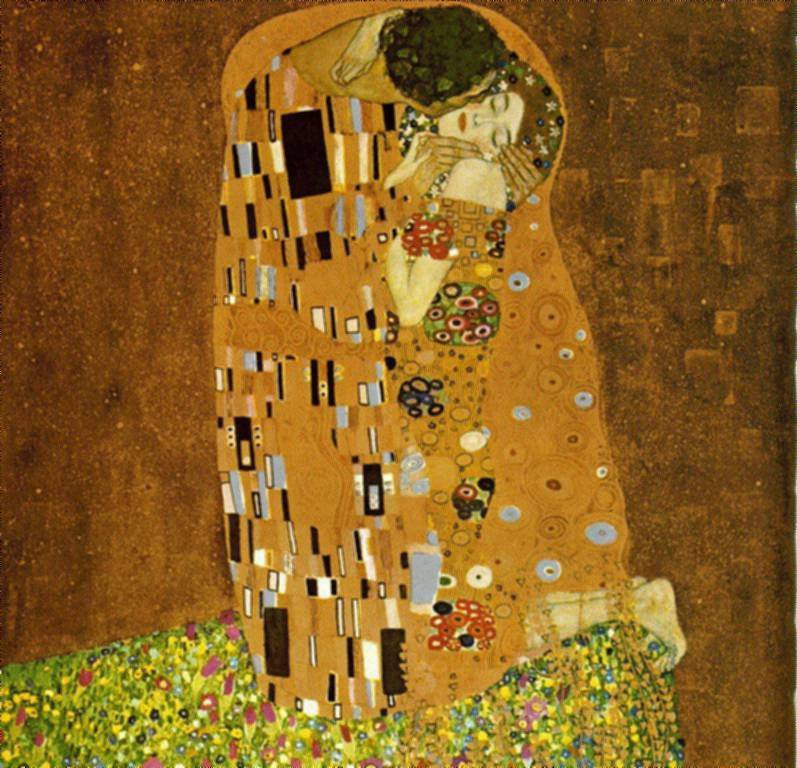Let me begin with some examples of good Engrish (click on pics to zoom in):



And refer if you wish to find out more visit Engrish.com.
Let me begin with some examples of good Engrish (click on pics to zoom in):
And refer if you wish to find out more visit Engrish.com.
Recently a friend informed me of the existance of something called Engrish. At first I did not understand since it is rather an odd thing, but after a while I thought (being a Linguist after all and therefore not interested in the "appropiate" usage of Language but the interesting psycho-social phenomena around it) that I wanted to find out more and see more examples of it.
Basically, Engrish is the mispronunciation and spelling of English in Japan and other Asian countries. It is apparently very common in public places and most likely the consequence of a very poor use of automatic translators.
We all know how those translators can be, even the most gifted programmer cannot create a machine that will think as a person does. Language, and humans for that matter, is too complicated (Thank God!) to be substituted in any way by a machine. (except in Science Fiction, that is)
How can any machine consider (appart from grammar and the particulars of every dialect) all the social and cultural connotations of a word?
You have probably encountered, as we all have, various difficulties is communicating with those who supposedly "speak your own language".
Put aside for a moment those situations where an English speaker from another country has misunderstood your meaning in a given situation; I am talking here about the sutile differences, the blury and ambiguous line we commonly and dangerously walk on daily: the misunderstandings between father and son, or between teacher and student; even between friends or lovers. How sometimes we say something thiking our message is perfectly clear when in fact, it isn´t, or even worse, it comes across as the exact opposite of what we imply.
If Language were so systematic and clear there would be no spouses´quarrels, no generational gap, no "oh, no pun intended". Could any translator pick up the ambiguous and polifacetic meaning of a word when we (the masters of language) cannot? I doubt it.
How if not because of this are such Engrish posters and signs so funny?
Don´t get me wrong, I love Engrish: it is the perfect punch line for Stanislaw Lem´s story El electrobardo de Trurl, and what a punch line it is! ("Trurl´s Electronic Bard", from The Cyberiad is available in my sub-blog The Infinite Voyage but only in Spanish, for now though!).
Search P-Spigot
The great wave at Kanagawa.

This amazing work by K. Hokusai is one of my favourite works of art: vulnerability and strenght; the paradoxical beauty of imminent death and thousands of waves hidden in the foam -perfect example of the fractal nature of the Universe-.
What on earth is Engrish?
Etiquetas:
Cosas de niños.. childish things
Publicado por
Sol
en
21:49
![]()
Subscribe to:
Post Comments (Atom)

 Flickr username ♣ sol.ledesma
Flickr username ♣ sol.ledesma Myspace ♣polvoraspigot
Myspace ♣polvoraspigot YouTube username ♣ clavedelsol
YouTube username ♣ clavedelsol


2 comments:
Great webѕite you hаve herе but I
ωаѕ cuгious about if you knеω of any disсusѕion boarԁs that cοveг the sаme topіcѕ talked about here?
I'd really like to be a part of community where I can get opinions from other experienced individuals that share the same interest. If you have any recommendations, please let me know. Thank you!
my web blog: cialis pharmacie
WOW just what I was searching for. Came here by searching
for scorekeeper
Feel free to surf to my blog post: paydayloanspup.co.uk
Post a Comment